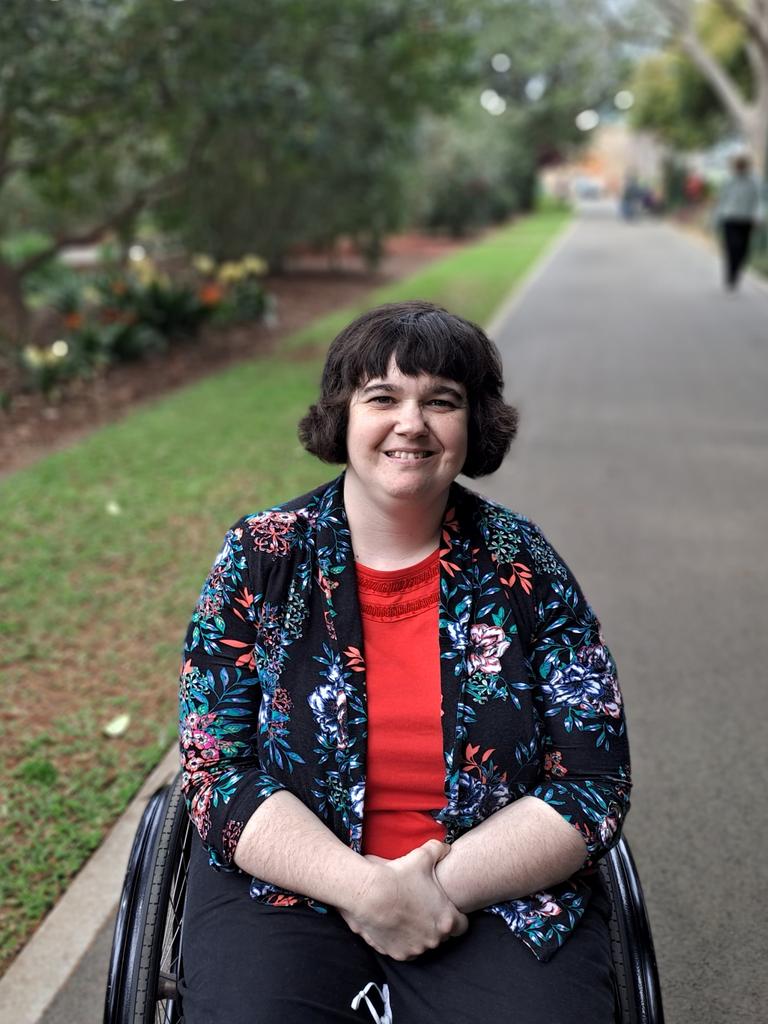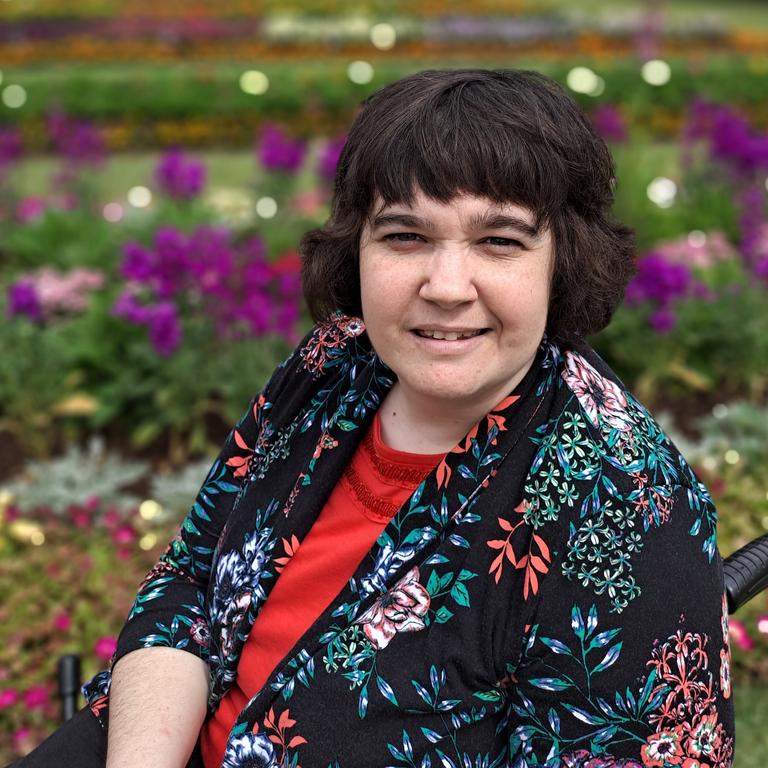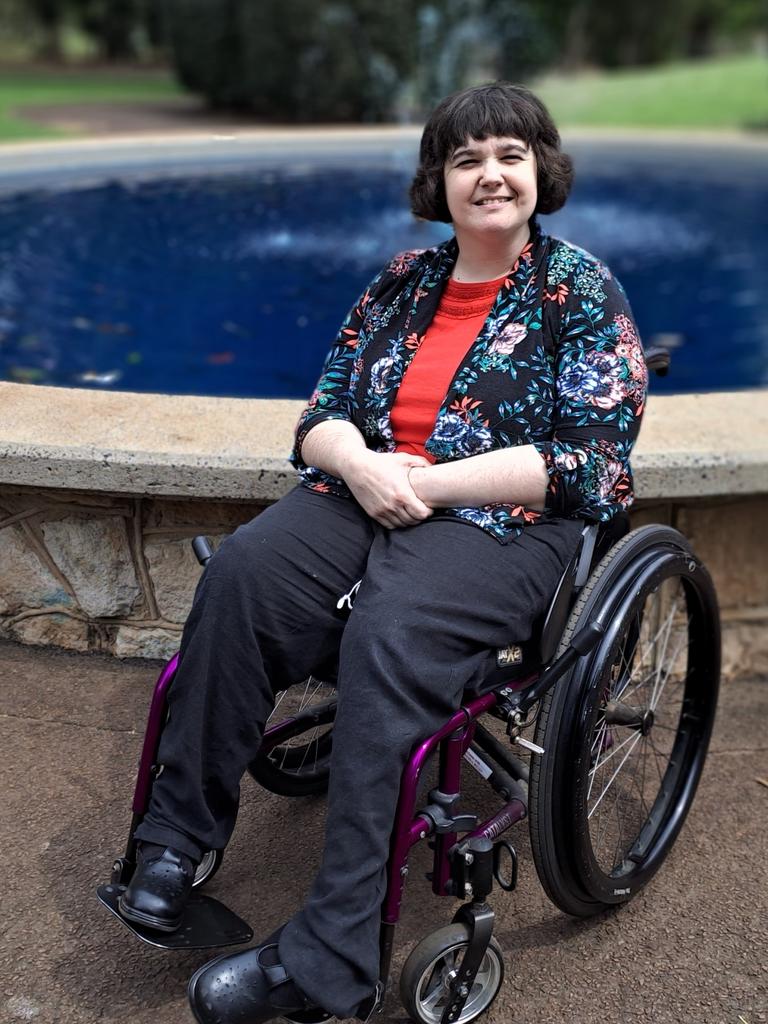Woman’s fight to create equal job opportunities for different abilities
Australia is ranked 21 out of 29 countries for employing people living with disabilities. Today on World Cerebral Palsy Day, Laura Scurr has discussed how employers can assist.
Imagine arriving at a job interview only to be told by the prospective employer that you were not a suitable candidate because you live with a disability.
For Laura Scurr, 34, this was the reality when she graduated from university in 2010 and was deemed unsuccessful for 170 jobs, despite having the qualifications and an impressive GPA of 6.5.

Born with Cerebral Palsy, Laura applied for various roles throughout 18 months and received many interviews, but not one organisation hired her.
Five years after her first university graduation, Laura was offered a role as an executive assistant because the employer saw her potential.
Three years later, she pursued her lifelong dream of opening a restaurant with her uncle on Cuchi Mudlo and then purchased a resort on the island later that year.
But the Covid pandemic placed stresses on the hospitality sector and with Laura’s health placed at risk, she made the heartbreaking decision to close the businesses and return to Toowoomba.

With the help of Carer’s Queensland, Laura received assistance in accessing the NDIS and the organisation has supported her through her current mentorship role with YWCA’s Y Connect.
As part of the program, Laura is working to break the cycle and help women or gender diverse people living with a disability to increase skills and find employment opportunities.
Today is World Cerebral Palsy Day and a reminder of the work needed for Australia to create equal employment opportunities.
According to the Disability Expectations: Investing In a Better Life for a Stronger Australians report which was published in 2011, Australia is ranked 21 out of 29 countries for employing people living with disabilities.
Laura said her advice for people struggling to find employment was to “never stop believing in themselves” and “keep trying” until someone recognises their potential.
For employers, the disability advocate encourages them to have open conversations by expressing their concerns or asking questions to candidates who live with a disability, in a sensitive manner.

She said it was equally important for employers to educate themselves about the benefits of hiring a person with different abilities.
“By that I don’t mean financial benefits … most people who live with disabilities are great problem solvers and connect with customers on a more personable level.
“It’s important to normalise this in society so we don’t stand out too – I don’t want to be told I’m amazing for getting up in the morning, going to work or using my income to buy milk and bread.
“I’m more aware of being given the opportunity and probably more thankful (for having a job) because of the challenges I’ve overcome, but at the end of the day, the reasons I want to work are the same as an able bodied person’s … I want to buy a house, I want to put food on the table and I want to contribute.”








